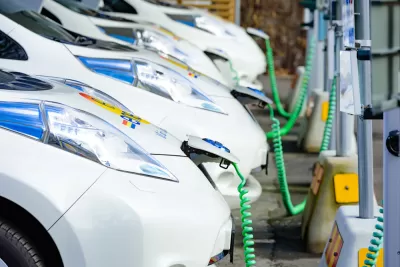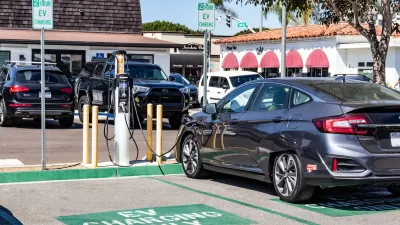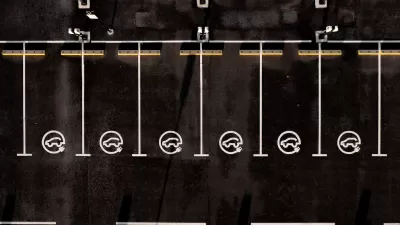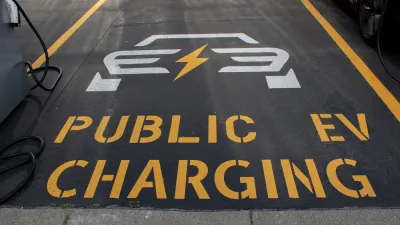The incoming administration appears poised to slash funding for electric vehicles and charging infrastructure.

Transition documents seen by Reuters reveal that the next Trump administration plans to aggressively retract federal support for electric vehicles, reports Jonathan M. Gitlin in Wired.
According to Gitlin, “Trade tariffs will evidently be a major weapon of the next Trump administration, particularly when deployed to block EV manufacturing. Even the current administration has been wary enough of China dumping cheap EVs that it instituted singeing tariffs on Chinese-made EVs and batteries, with bipartisan support from Congress.”
The incoming administration plans to eliminate the federal EV tax credit, claw back some of the $7.5 billion in funding dedicated to developing a charging network, and apply tariffs to battery materials globally, which will make EVs more expensive — including for U.S. automakers. “Currently the federal government is required to purchase more EVs as it replaces old vehicles, with a requirement for all light vehicles to be zero emissions by 2027. This will no longer be the case under Trump, who will also end any Department of Defense programs that are meant to purchase or develop electric military vehicles.”
FULL STORY: Trump Will Reportedly Block the US Government and Military From Buying EVs

Trump Administration Could Effectively End Housing Voucher Program
Federal officials are eyeing major cuts to the Section 8 program that helps millions of low-income households pay rent.

Planetizen Federal Action Tracker
A weekly monitor of how Trump’s orders and actions are impacting planners and planning in America.

Ken Jennings Launches Transit Web Series
The Jeopardy champ wants you to ride public transit.

NYC Open Streets Organizers Call for City Support
The number of open streets projects has dropped year after year as volunteer groups struggle to fund and staff them.

Crime Continues to Drop on Philly, San Francisco Transit Systems
SEPTA and BART both saw significant declines in violent crime in the first quarter of 2025.

How South LA Green Spaces Power Community Health and Hope
Green spaces like South L.A. Wetlands Park are helping South Los Angeles residents promote healthy lifestyles, build community, and advocate for improvements that reflect local needs in historically underserved neighborhoods.
Urban Design for Planners 1: Software Tools
This six-course series explores essential urban design concepts using open source software and equips planners with the tools they need to participate fully in the urban design process.
Planning for Universal Design
Learn the tools for implementing Universal Design in planning regulations.
Heyer Gruel & Associates PA
Ada County Highway District
Institute for Housing and Urban Development Studies (IHS)
City of Grandview
Harvard GSD Executive Education
Toledo-Lucas County Plan Commissions
Salt Lake City
NYU Wagner Graduate School of Public Service





























